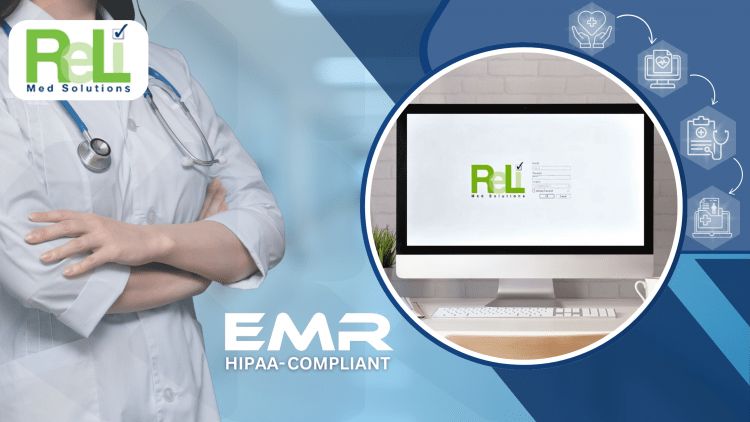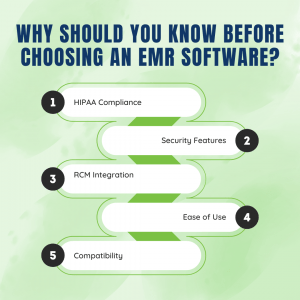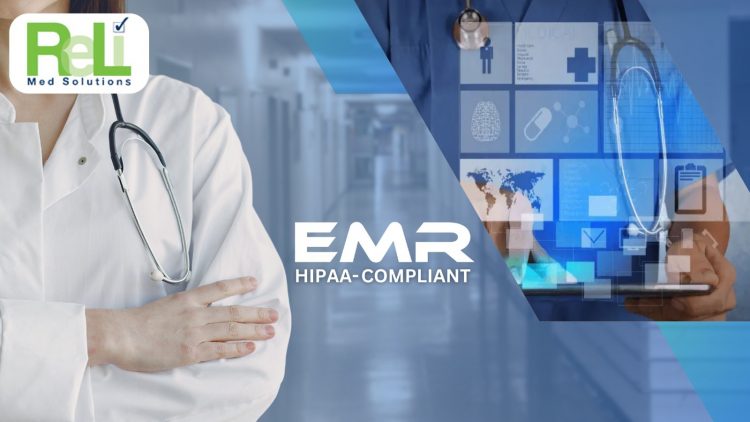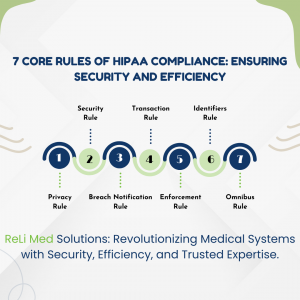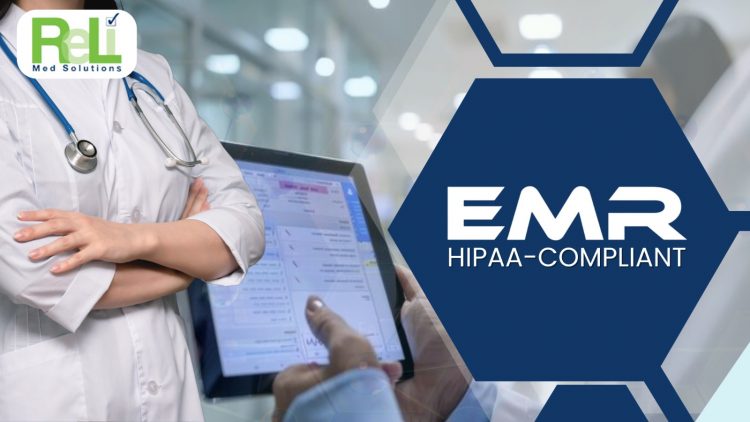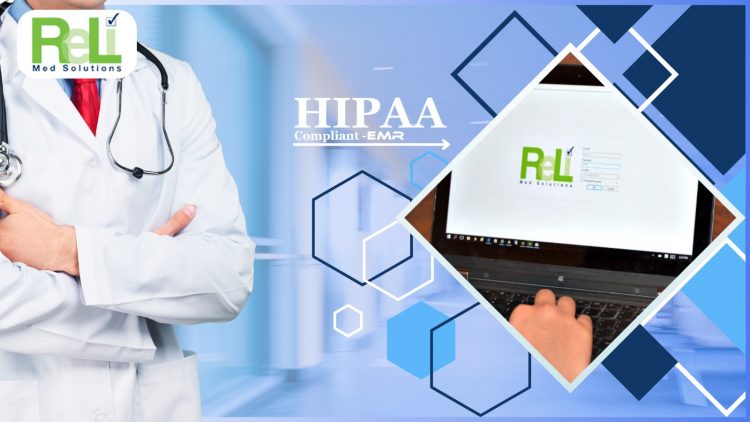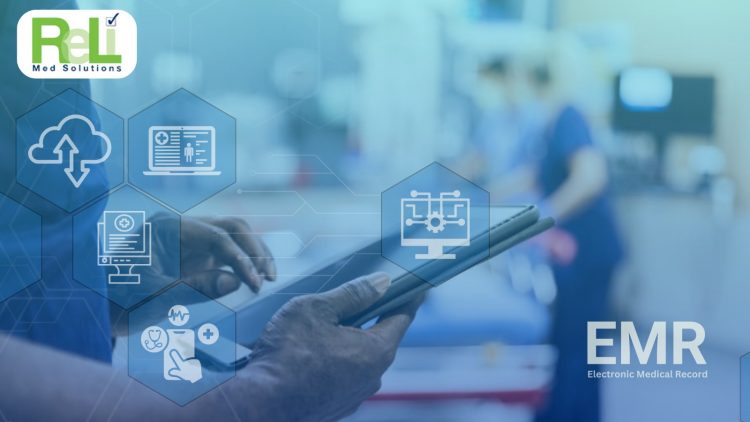HIPAA-Compliant EMR Software: Ensuring Privacy in Home Healthcare
Home health care services are becoming more popular because they help patients receive medical care at home in place of hospitals. But as more people use these services, keeping patient data safe is a big challenge. HIPAA-Compliant EMR Software is very vital because it protects patient data and allows only authorized health care workers to see it. If a health care worker does not use secure software, patient data can be at risk. So, choosing the right software is needed for safe and efficient home health care services.
The Role of EMR in Home Health Care
EMR has changed how doctors and nurses store and manage patient data. Because it allows them to keep records digitally, they do not have to use paper files anymore. In-home health care is very useful because patients get treatment outside of hospitals and clinics. If doctors and nurses use paper records, vital info can go missing or be hard to find. But with a digital system, patient details are always safe and easy to see. This helps doctors and caregivers give the right treatment. So, a good EMR system makes patient care better and easier.
Why HIPAA-Compliant EMR Software Matters in Home Health Care?
HIPAA-Compliant EMR Software is vital because it follows strict rules to keep patient health data safe. In home health care, patient data is often shared and entered online, so the risk of cyber threats is higher. If the software does not follow HIPAA rules, patient data may be stolen or misused. Because of that, health care workers may face legal problems and lose patient trust. But when a system is HIPAA-compliant, it keeps data encrypted and secure. So, health care workers can focus on their patients without worrying about security issues.
Features of HIPAA-Compliant for Home Health care
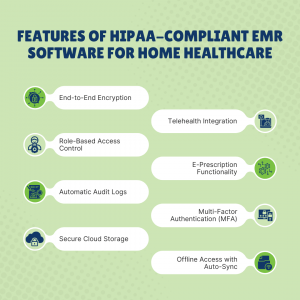
A good HIPAA-compliant EMR Software must have strong security features because patient data needs to be safe at all times. If the software is not secure, patient data can be stolen or lost. So, the best software includes these vital features:
- End-to-End Encryption: Keeps Medical Records safe from online dangers. If hackers try to steal the data, encryption locks it so they cannot read it.
- Role-Based Access Control: Allows only authorized health care workers to access data. So, patient data stays private.
- Automatic Audit Logs: It saves a list of who opens patient data. Because of that, any strange activity can be noticed fast.
- Secure Cloud Storage: Saves patient data safely. Even if a computer is lost, the records stay safe on the internet.
- Telehealth Integration: Helps doctors talk to patients on the Internet. So, people getting care at home can get help from a doctor anytime, anywhere.
- E-Prescription Functionality: Allows doctors to give medicines online safely and easily. Because medicine mistakes can be harmful, this feature helps to avoid errors.
- Multi-Factor Authentication: It makes the system safer. If someone tries to open patient records without permission, they cannot get in.
- Offline Access with Auto-Sync: Updates patient records by itself. So, health care workers can see patient data even without the Internet.
Factors to Consider When Selecting EMR Software for Specialists
Choosing the right EMR software for specialists is vital because doctors and health care workers have different needs. If the software is too hard to use, doctors and nurses may spend too much time trying to know about it. So, the system should be easy to use and made for medical workers. Customer support is very vital because software problems can happen anytime. If doctors cannot see patient data when they need it, treatment might be late. Having customer support ready all the time helps fix issues fast.
Security updates are vital because hackers try to break into systems. If the software is not updated often, patient data may not be safe. It’s best to choose software that gets updates often. Cost is essential because health care workers Need good quality at a fair price. But a very cheap system with weak security can cause big problems later. It is safer to choose a trusted system to keep patient data safe.
ReLi Med Solutions: The Best Choice for Medical Billing Services
For home health care workers looking for HIPAA-compliant EMR Software, ReLi Med Solutions is the best choice. It offers strong security, easy telehealth access, and a simple design, all tailored for home health care. So, health care workers can manage patient records quickly and safely.
One great benefit of ReLi Med Solutions is its Medical Billing Services, which help health care workers handle payments and insurance claims. If providers do not bill right, they might not get paid on time. To help with this, the software has automatic billing, which makes it easier and reduces paper work. This way, home health care workers can spend more time taking care of patients and not worry about billing.
Conclusion
HIPAA-Compliant EMR Software is not just about following rules, it is necessary for keeping patient data safe and improving health care services. If health care workers use an open system, patient data could be at risk, leading to serious legal problems. But choosing the right software helps make sure strong security, legal compliance, and better ability. Advanced systems like FHIR allow health care workers to share and enter patient data safely across different platforms. Because of that, medical experts can work together more efficiently and offer better care to patients. So, investing in trusted HIPAA-compliant EMR Software today will create a safer and more effective future for home health care services.


